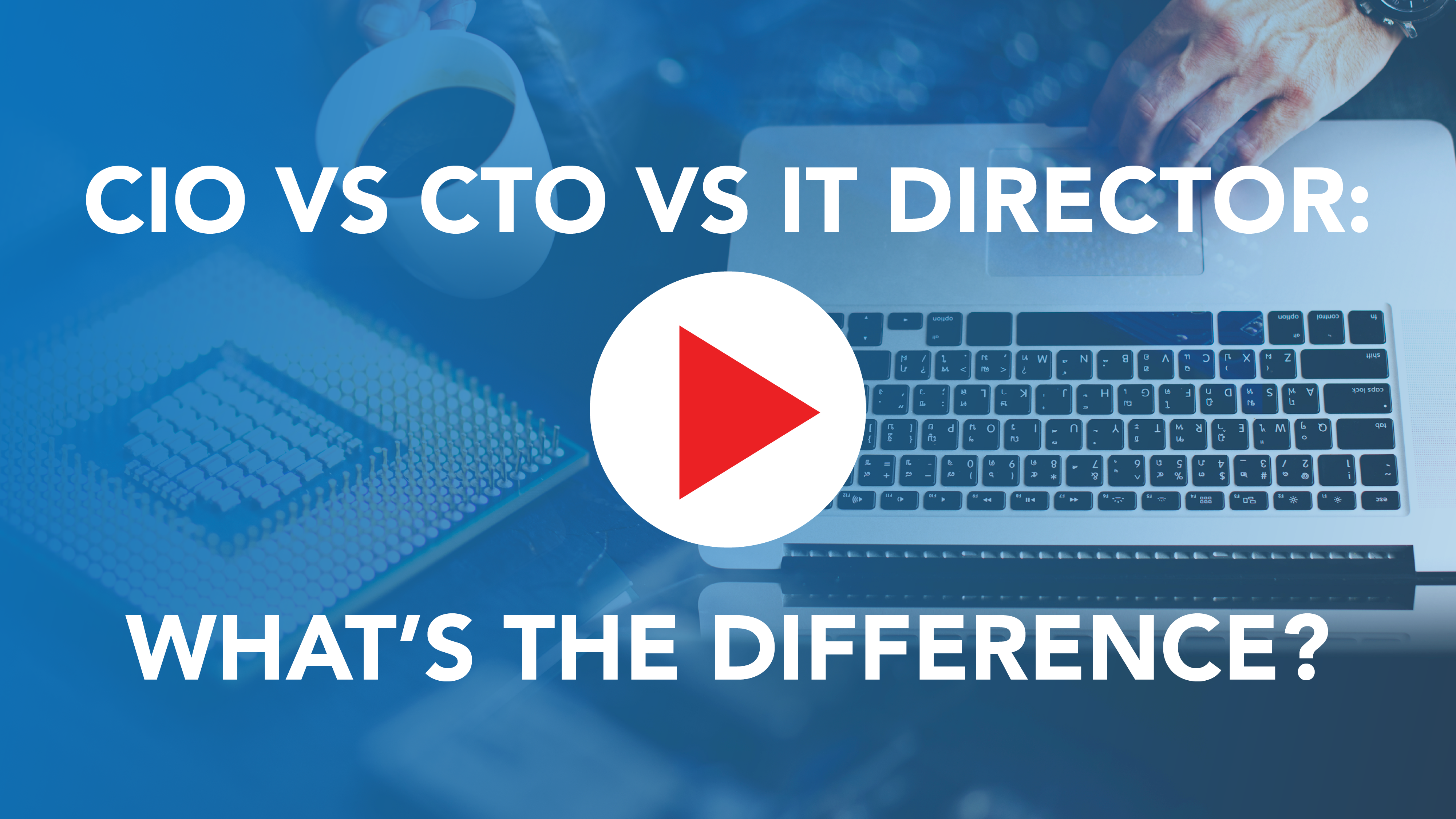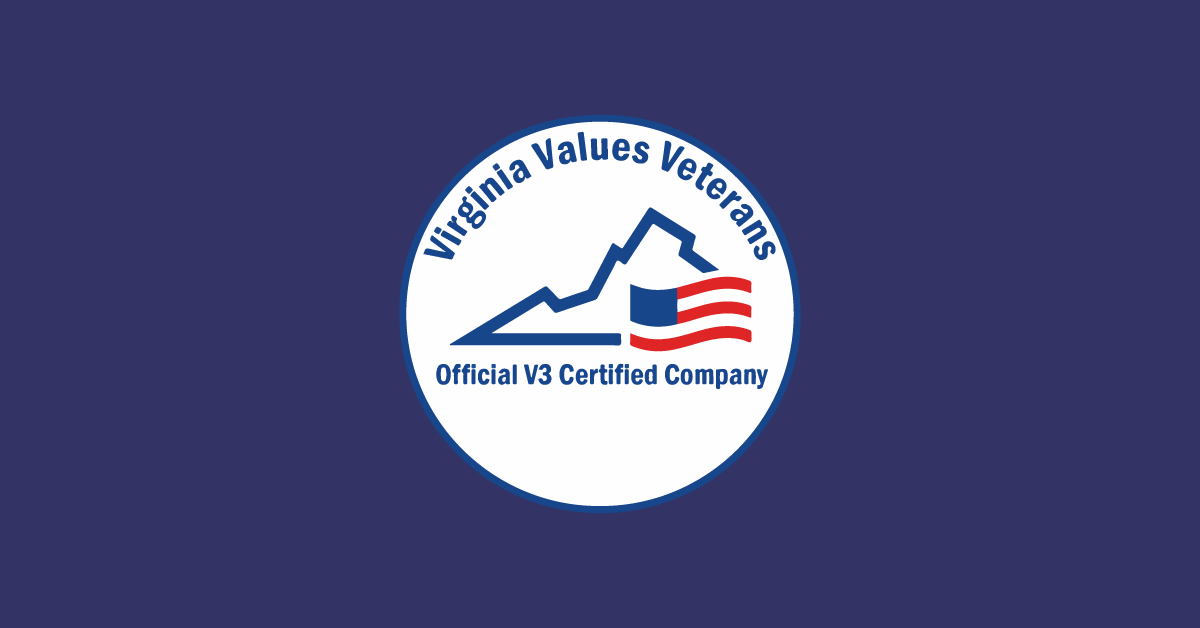3 min read
Building Culture That Works: Cobb Tech Named One of VA's Best
Cobb Technologies has been honored as one of the 2025 Best Places to Work in Virginia by Virginia Business and Best Companies Group. This prestigious...
2 min read
Cobb Tech
May 7, 2020 2:37:25 PM

THIS BLOG WAS UPDATED DECEMBER 29, 2023
Today we’re going to talk about many of the different acronyms and titles that the IT industry loves to use - specifically around CIO, CTO, and IT Director. All three of these roles have leadership duties, but the level they operate on, and their amount of responsibilities differ.
CIO stands for Chief Information Officer. A CIO and an IT director can sometimes be the same sort of person, a lot of tasks and a lot of lines are blurred and crossed when it comes to the duties they execute. A CIO is typically more of an executive-level type of position and involves more strategizing and planning, and less implementation of those plans and strategies.
A CTO is a Chief Technology Officer. A CTO sits between the CIO and the IT director and generally acts as a right-hand man to the CIO. A CTO will be involved in a lot of conversations about strategies and planning, but they are also going to be the direct link to the IT staff, help desk, and lead engineers. A CTO is a middle-management position that will help implement all the strategies and plans that the executive staff and CIO have come up with.
An IT director will work slightly under a CTO, and could even be a network engineer or lead technician. The IT director is going to be the person who does a lot of the actual implementation of plans and is a bit more of an order-taker and task-performer. Generally, an IT director will be given a plan with specifications for a project developed by executive leadership or the CIO and is then tasked with implementing and coordinating it.
The lines between all three roles often blur. Depending on the size of an organization and its needs, a person in any of these positions may take on additional duties and responsibilities.
|
|
Does My Organization Need a vCIO? 5 Things You Need to KnowYou’re probably asking yourself "does my organization need a virtual chief information officer?" Short answer: YES. But that’s the short answer. Watch to learn more! |
|
|
How Much Does a vCIO Cost? And Can a vCIO Help My Budget?With a vCIO, you effectively have a CIO as a key member and decision-advisor in your business, without the need of keeping them on payroll. |
|
|
vCIO Services: Why should a vCIO head my quarterly business review?Watch to learn how a vCIO can help your organization with a roadmap and plan for future growth. |
|
|
Does My Company Really Need to Outsource IT Support?Lately, many organizations are asking themselves if they really need some sort of IT support services. Those without are falling behind and risking a serious business liability without some sort of prevention. What are the most common consequences of an absence of IT support? |

3 min read
Cobb Technologies has been honored as one of the 2025 Best Places to Work in Virginia by Virginia Business and Best Companies Group. This prestigious...

5 min read
Cobb Technologies is honored to hold the SWaM (Small, Women-owned, and Minority-owned Business) certification, awarded by the Commonwealth of...

5 min read
Every year, thousands of Veterans transition from military service to civilian careers in Virginia, bringing invaluable skills and experiences to...